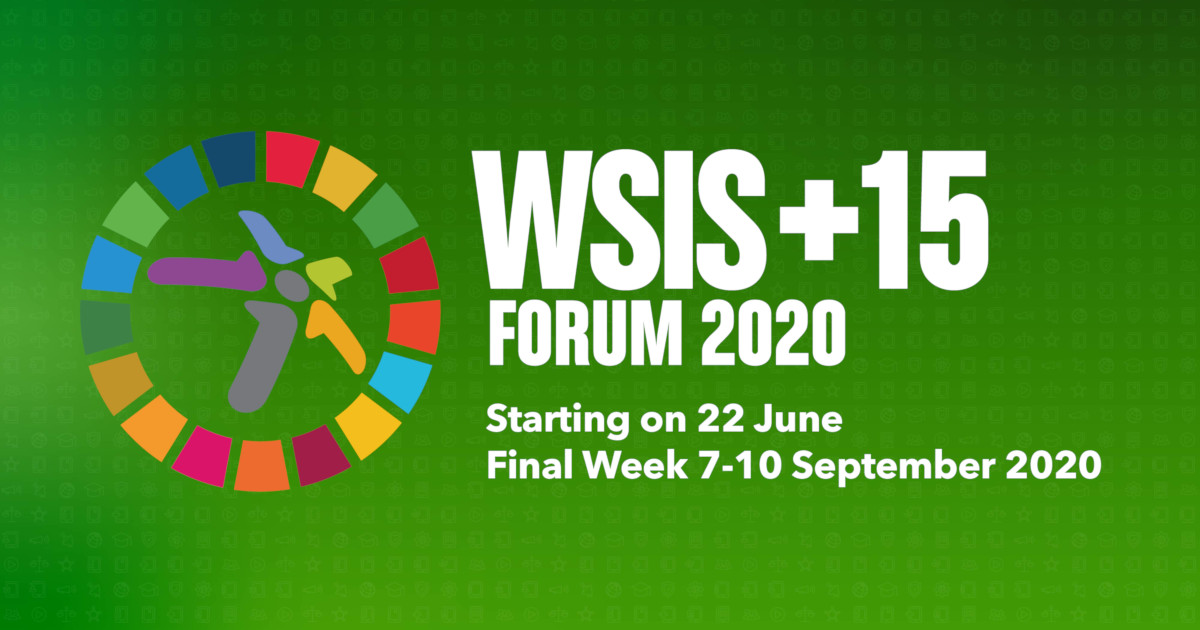Digital Accessibility in a Covid-19 World
Inter Islamic Network on Information Technology (INIT), UNESCO Chair in ICT4D at Royal Holloway , University of London, Ministry of IT&Telecommunication , Pakistan & COMSATS University Islamabad, Pakistan
Session 188
A world where there is no vaccine or cure – likely to be the case for everyone for the next few months at least. This creates a major challenge for accessibility in general, so the role of digital accessibility increases exponentially. When we talk about digital accessibility it is imperative to understand that it is not limited to just assistive technologies for Persons with Disabilities but also to those who are deprived from access to technology as well. In a pandemic the like of which the world is facing currently, lack of digital accessibility creates a compound negative impact on access to education , health , gainful employment and quality of life.
This session seeks to explore one major challenge as experienced by a diverse group of panelists including Persons with Disabilities from different regions of the world , Technologists , and National Innovation System experts.
The thematic area of the session would focus on Access to Technology , Education and Affordability.
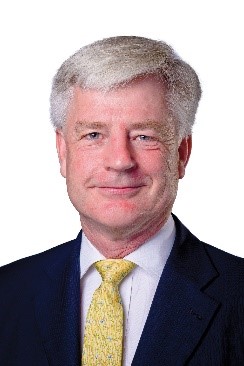
Professor Tim Unwin CMG is UNESCO Chair in ICT for Development (ICT4D) and Emeritus Professor of Geography at Royal Holloway, University of London. In 2016, Professor Tim Unwin has been appointed as a CMG (Companion of the Most Distinguished Order of St Michael and St George), The Honour has been awarded in recognition of his contributions to the Commonwealth. He was Secretary General of the Commonwealth Telecommunications Organisation (CTO) from 2011-2015, and was Chair of the Commonwealth Scholarship Commission from 2009-2014, having been a Commissioner since 2004. The boards of ICT4D initiatives on which he serves include the ITU's m-Powering Development Advisory Board, the UK Department for International Development’s Digital Advisory Panel, the UN University – Computing and Society International Advisory Board, and the World Economic Forum’s Internet for All initiative’s Steering Committee. He is also Honorary Professor at Lanzhou University in China, and a Distinguished Fellow of the Globalization, Ageing, Innovation and Care Network at Tilburg University in the Netherlands. He has written or edited 15 books and more than 200 academic papers and chapters, many of which focus on the use of technology in development practices. His book, Information and Communication Technologies for Development, was published by Cambridge University Press in 2009, and his latest book entitled Reclaiming Information and Communication Technologies for Development was recently published by Oxford University Press.
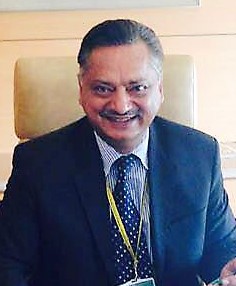
Prof. Dr. Raheel Qamar is a Tenured Professor of Biochemistry & Molecular Biology at the Department of Biosciences and the Dean of Research Innovation & Commercialization, CIIT. His research interests include searching for the genetic causes of inherited diseases. He has published extensively in ophthalmogenetics and population genetics. He has a number of international collaborations including with the Radboud University, McGill etc. With the former he has initiated a joint degree program for PhD students.
Prof. Qamar is currently serving as Rector of COMSATS University Islamabad and is the President of Inter Islamic Network on Information Technology.
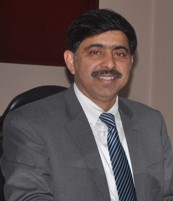
Dr. Tahir Naeem is working as Director of Lahore Campus at COMSATS University and is also the Executive Director of Inter Islamic Network on Information Technology. His research interest includes the role of Higher Education in National Innovation Systems and has done extensive research on evolution of higher education in developing countries. Dr. Naeem did his PhD in Management Sciences for University of Leicester, Masters in Business Administration from Asian Institute of Technology, Thailand Bangkok, in year 1994. He did his Civil Engineering from University of Engineering and Technology, Lahore in year 1989. Dr. Naeem has organized a number of conferences, workshops as Program Chair/ Co-Chair in the domains of Projects Management , and ICTs for Education , Healthcare and Agriculture.

Mr. Julius Sweetland is the founder and software developer for Opti-Key. Optikey is an assistive on-screen keyboard which runs on Windows. It is designed to be used with a low-cost eye-tracking device to bring keyboard control, mouse control and speech to people with motor and speech limitations, such as people living with Amyotrophic Lateral Sclerosis (ALS) / Motor Neuron Disease (MND). Optikey was written to challenge the outrageously expensive, unreliable and difficult to use AAC (alternative and augmentative communication) products on the market. It is, therefore, fully open-source and free. Mr. Sweetland is recently in the process of initiating a roll out of OptiKey with the backing of generous donors to provide free hardware and software OptiKey to marginlised communities in Pakistan and other developing countries.
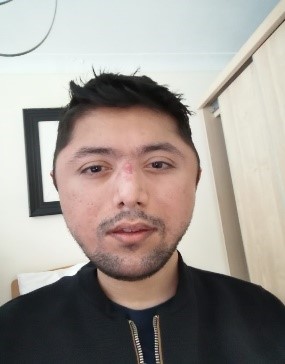
Mr. Hazma Afridi is an entrepreneur, he is currently based in England where he moved 15 years ago for treatment of Duchenne Muscular Dystrophy. He has obtained a Masters degree from University of Wolverhampton and has set up his charity by the name of Afridi Brothers Society (ABS). The charity was set up to help people living with Duchenne Muscular Dystrophy.
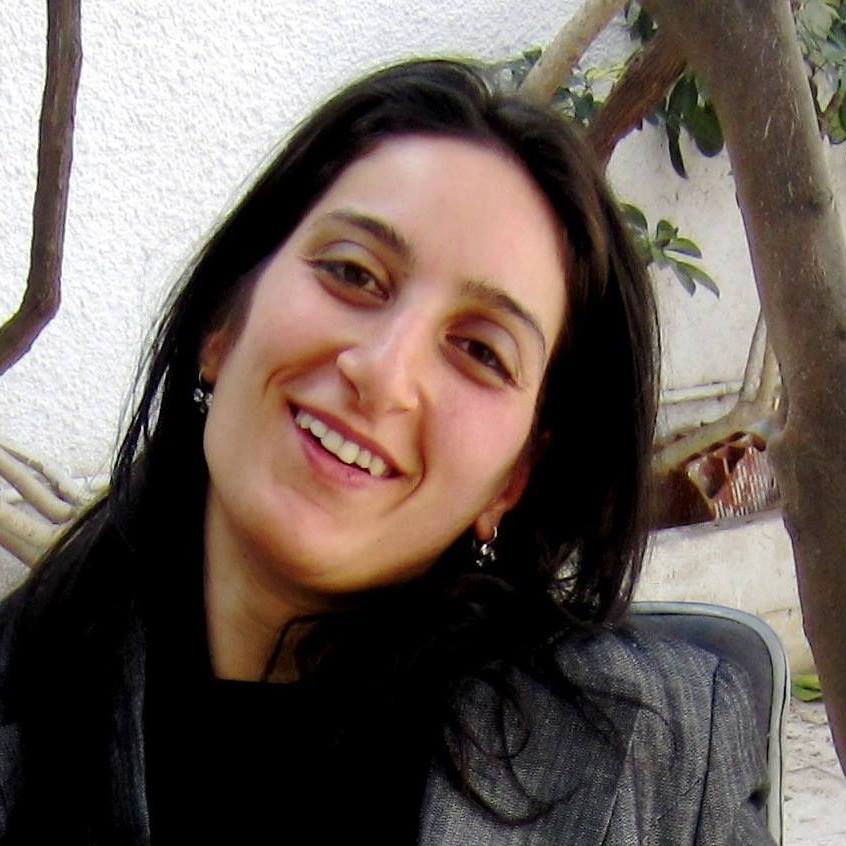
Ms. Lobna Smida is an administrator in the Presidential Palace and a staunch supporter of rights of Persons with Disabilities not only in Tunisia but in the wider Arab region. She has a master degree in British Literature and she speaks 4 languages: Arabic, French, Italian and English. She is also a writer of short stories and poetry in the languages that she speaks.
She participated in many international forums in Libya, the Emirates (Sharajah, Dubai and Abu Dhabi), the U.K. She travelled also to many other countries such as France, the KSA, Germany.
And recently she was in America where she presented a project about "Disability & Tourism." Ms. Smida also is an ambassador for accessibility for the African ICT Forum and has made many valuable contributions in terms of physical accessibility.

Prof. Memon started his journey as an activist for the rights of persons with disabilities in 1967 and to date is an ardent advocate for the cause. He has served in multiple positions related to advocacy for the rights of PWDs internationally. He has master trainer for Braille and has contributed towards the development of special education curriculum in Pakistan.
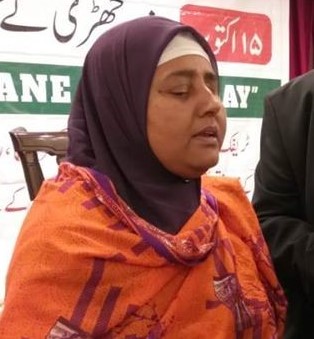
Ms. Shakila Yasmin is the vice president of Pakistan Disabled Foundation and has championed the right for education for PWDs in Pakistan. She is lecturer at a Govt. Girls college in Karachi. From the platform of PDF, she has actively campaigned to realize the need of motivation and public education of the society scientifically by arranging different programs of training, education and socialization in different walks of life as practical demonstration of competency and capabilities for PWDs.
.jpg)
Dr. Akber Gardezi is currently an Assistant Professor in the Department of Computer Science at COMSATS University, Islamabad (CUI), a ranking university. He obtained his PhD and Master’s Degrees from University of Sussex, UK. Dr. Gardezi is closely involved with projects relating towards ICT for Development hence utilizing his network of peers in terms of launching advocacy and awareness initiatives for the marginalised communities including Persons with Disabilities , Rural Communities and Persecuted Minorities. Dr. Gardezi is an ardent advocate of the philosophy that technologies can be a vehicle of change and betterment for the most marginalised globally.
-
 C1. The role of governments and all stakeholders in the promotion of ICTs for development
C1. The role of governments and all stakeholders in the promotion of ICTs for development
-
 C7. ICT applications: benefits in all aspects of life — E-government
C7. ICT applications: benefits in all aspects of life — E-government
-
 C7. ICT applications: benefits in all aspects of life — E-learning
C7. ICT applications: benefits in all aspects of life — E-learning
-
 C8. Cultural diversity and identity, linguistic diversity and local content
C8. Cultural diversity and identity, linguistic diversity and local content
The session is going to explore through real life accounts of a diverse group of panelists from different regions of the world (C1, C8)
The session is going to learn from experiences of panelists from upper management of higher education institutions in developing countries (C1 , C7)
-
 Goal 1: End poverty in all its forms everywhere
Goal 1: End poverty in all its forms everywhere
-
 Goal 4: Ensure inclusive and equitable quality education and promote lifelong learning opportunities for all
Goal 4: Ensure inclusive and equitable quality education and promote lifelong learning opportunities for all
-
 Goal 10: Reduce inequality within and among countries
Goal 10: Reduce inequality within and among countries
-
 Goal 11: Make cities inclusive, safe, resilient and sustainable
Goal 11: Make cities inclusive, safe, resilient and sustainable
The sessions builds upon the core principal of inclusion for all and nothing for us without us.
The session explores the technologies used for education in developing countries like Pakistan.
The session explores the marginilisation of classes through loss of income and the role of technology.
Recording link of this session: https://archive.org/details/wsis2020-tw188
.jpg)
.jpg)
